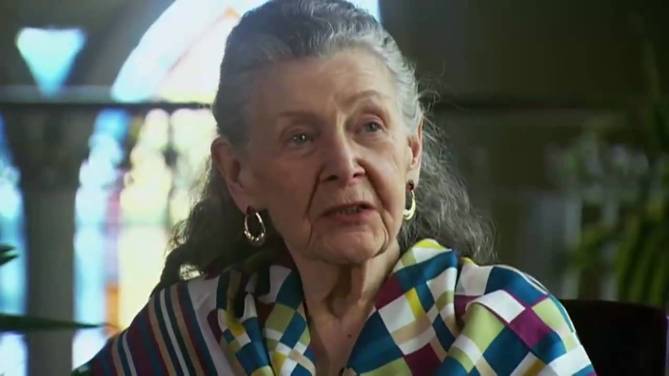FEATHERS
“Have you ever examined the feather of a bird?” Alfred Russel Wallace, the co-founder of evolutionary theory, once wrote. “No man in the world could make such a thing.” Feathers are even harder to fake than fur, their structure being vastly more complex and varied. Falcon feathers are stiff, like jet-fighter wings, for stability at high altitudes; owl feathers are soft and barbed, to muffle their descent on prey; sandgrouse feathers soak up water, so their chicks can sip them in the desert. The range of designs would put any wilderness outfitter to shame. Bald-eagle feathers zip up to keep out moisture; mourning-dove feathers rotate individually to control flight; golden-crowned-kinglet feathers keep the bird’s body so insulated that it may be a hundred and forty degrees warmer than the air. “If human hair were similarly diverse,” Thor Hanson writes, “a person might combine a neatly trimmed Van Dyke beard with a teased hairdo taller than the Statue of Liberty.”
Yet none of this compares to the complexity of bird color. The leaf green of a quetzal’s tail, the cerulean blue of a tree swallow’s back, the golden-eyed wings of a great argus are the work of an infinitely patient genetic process—mutation upon mutation, like paint layered on canvas. Some feathers are pigmented. Others have structural color: nanoscopic bubbles, lattices, and granules that scatter and refract light. Still others have both, the ornithologist Richard Prum, a professor at Yale, told me. The green broadbill of Sumatra and Borneo, for instance, has feathers that blend prismatic blue with pigmentatious yellow. Add to this the ultraviolet hues that birds can see and we can’t, and you can start to imagine how bedazzling a Himalayan monal truly is—how nearly hallucinatory to the female watching him dance. “All the beauty is in the feathers,” Wallace wrote. “I almost think a feather is the masterpiece of nature.”
–Burkhard Bilger, “Feathered Glory,” The New Yorker











